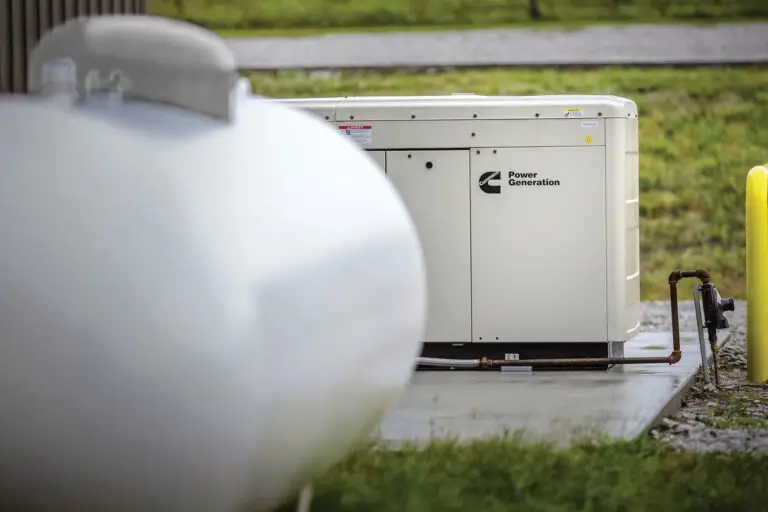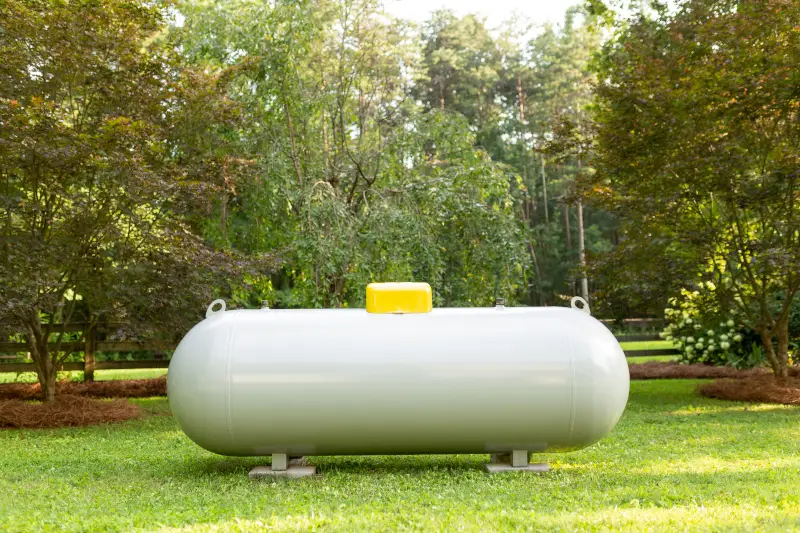
Propane-Powered Generators: Reliable Backup Energy When You Need It Most
Propane-Powered Generators: Reliable Backup Energy When You Need It Most Power failures are not the unusual misfortunes that they used to be. Extreme weather, aging power systems, building mishaps and unanticipated demand surge can leave households and companies without power

